S. Faegheh Yeganli
Mutual Information Analysis in Multimodal Learning Systems
May 21, 2024
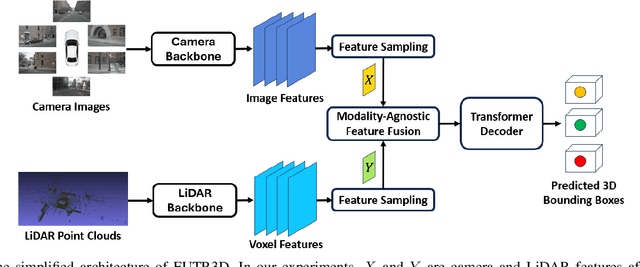
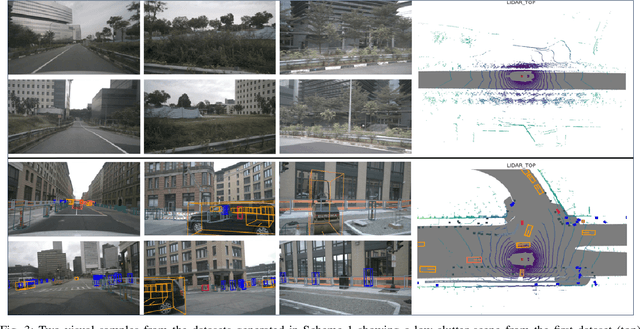
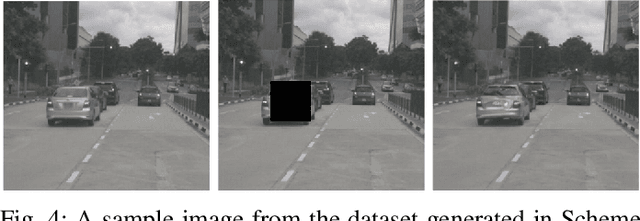
Abstract:In recent years, there has been a significant increase in applications of multimodal signal processing and analysis, largely driven by the increased availability of multimodal datasets and the rapid progress in multimodal learning systems. Well-known examples include autonomous vehicles, audiovisual generative systems, vision-language systems, and so on. Such systems integrate multiple signal modalities: text, speech, images, video, LiDAR, etc., to perform various tasks. A key issue for understanding such systems is the relationship between various modalities and how it impacts task performance. In this paper, we employ the concept of mutual information (MI) to gain insight into this issue. Taking advantage of the recent progress in entropy modeling and estimation, we develop a system called InfoMeter to estimate MI between modalities in a multimodal learning system. We then apply InfoMeter to analyze a multimodal 3D object detection system over a large-scale dataset for autonomous driving. Our experiments on this system suggest that a lower MI between modalities is beneficial for detection accuracy. This new insight may facilitate improvements in the development of future multimodal learning systems.
Grad-FEC: Unequal Loss Protection of Deep Features in Collaborative Intelligence
Jul 04, 2023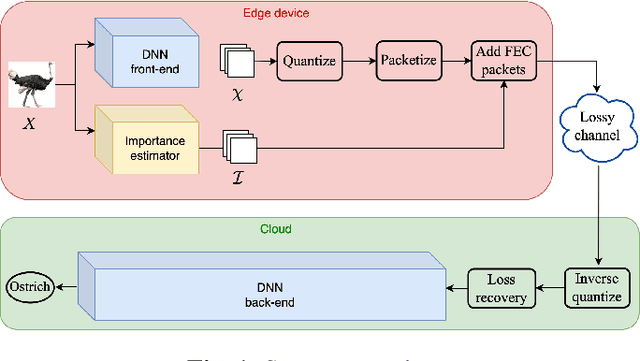
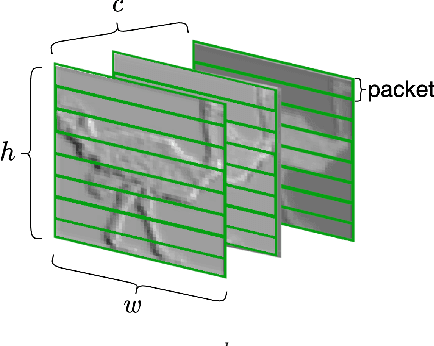
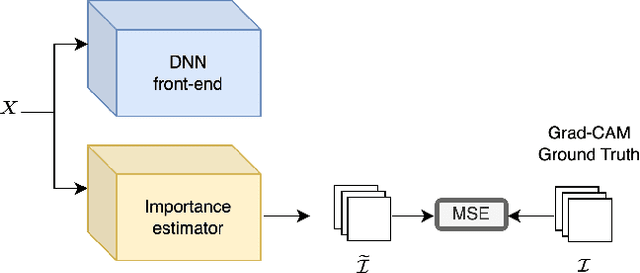
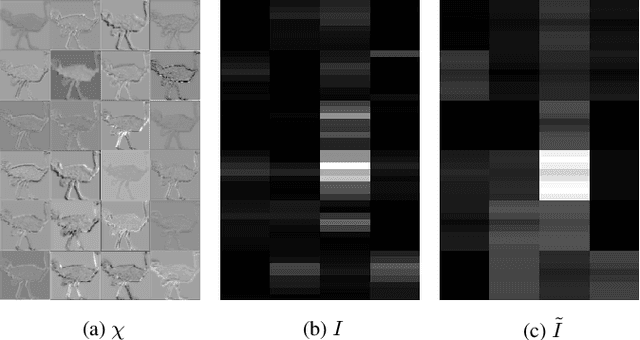
Abstract:Collaborative intelligence (CI) involves dividing an artificial intelligence (AI) model into two parts: front-end, to be deployed on an edge device, and back-end, to be deployed in the cloud. The deep feature tensors produced by the front-end are transmitted to the cloud through a communication channel, which may be subject to packet loss. To address this issue, in this paper, we propose a novel approach to enhance the resilience of the CI system in the presence of packet loss through Unequal Loss Protection (ULP). The proposed ULP approach involves a feature importance estimator, which estimates the importance of feature packets produced by the front-end, and then selectively applies Forward Error Correction (FEC) codes to protect important packets. Experimental results demonstrate that the proposed approach can significantly improve the reliability and robustness of the CI system in the presence of packet loss.
 Add to Chrome
Add to Chrome Add to Firefox
Add to Firefox Add to Edge
Add to Edge